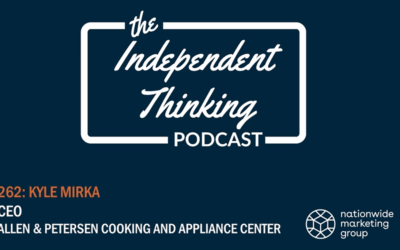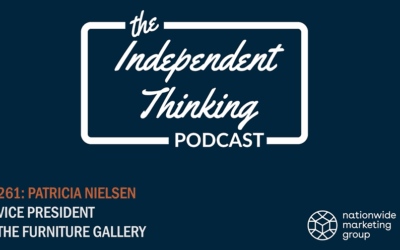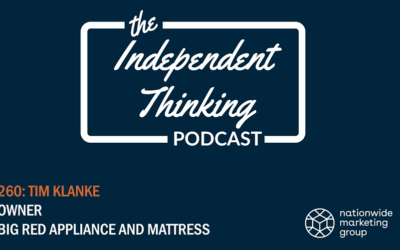This pandemic has made social distancing and staying at home the new normal throughout the country and has changed the way people shop. In these tough times more and more people are making RTO and retail transactions online for essentials like computers and appliances, which brings me to the question: “How essential is rent to own?”
One thing that has come into focus during the COVID-19 era is that the rent to own industry is an essential business and, in my experience, has always been an essential business for consumers. And that’s especially true for consumers who need reliable household durable goods but simply cannot afford to buy them outright or purchase them using a credit transaction.
In March, as the United States moved to quickly curb the spread of the coronavirus, the question of which retailers could stay open — and where — largely depended on what government officials deemed to be “essential.” Of course, grocery stores, gas stations, pet stores and pharmacies were universally defined as such, which allowed them to stay open, while clothing retailers and department-store chains were labeled “non-essential” and had no choice but to close their doors. Stuck in the grey zone were appliance, electronics, and furniture and bedding retailers. If you sold furniture and bedding you had no choice but to close your locations, while an appliance retailer could continue operating under new restrictions. Brick and mortar rent to own dealers typically sell appliances, electronics, furniture and bedding.
The Rent to Own industry was deemed an essential business in the original Cybersecurity & Infrastructure Security Agency (CISA) list, dated March 19, although it required some interpretation of the categories. In my opinion RTO fit within three of them, though not everyone agreed with that interpretation.
The CISA then issued an updated list of essential businesses effective March 28, and the revised list removed all doubt about whether rent to own stores were essential. They were (and are).
The new language that clearly included RTO as an essential business was: “Workers in hardware and building materials stores, consumer electronics, technology and appliances retail, and related merchant wholesalers and distributors — with reduced staff to ensure continued operations.”
For those who don’t know or haven’t experienced what a brick and mortar rent-to-own transaction is like, try to put your preconceived ideas aside. RTO regularly received negative press, sometimes even referred to as a “scam” that takes advantage of the cash constrained or low-credit customers. I have worked in the industry for years and can provide facts or reasons that would explain each and every one of those perceptions. But ultimately, as in any purchase, it is up to the consumer to determine how and where they are going to spend their money.
Being a veteran of the rent to own industry I have experienced the “essential” part of what RTO stands for. I have delivered a bunk bed to a family home without any bedding or furniture for the kids to sleep on and have seen the smiles. I have delivered a washer and dryer to a single mom with a family of four children that was making trips to the laundromat or just doing without. Delivering and providing quality durable goods at an affordable price to consumers without credit is a great service industry in itself but that smile when a loyal customer takes delivery or better yet pays an account in full and now owns that merchandise is priceless. That is what I would consider an “essential business.”
This article originally appeared in the August 2020 issue of Retail Observer.




